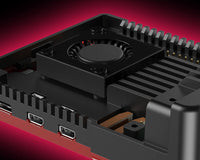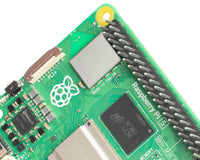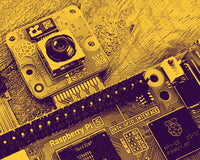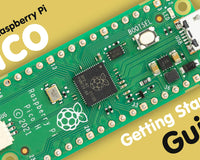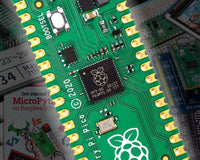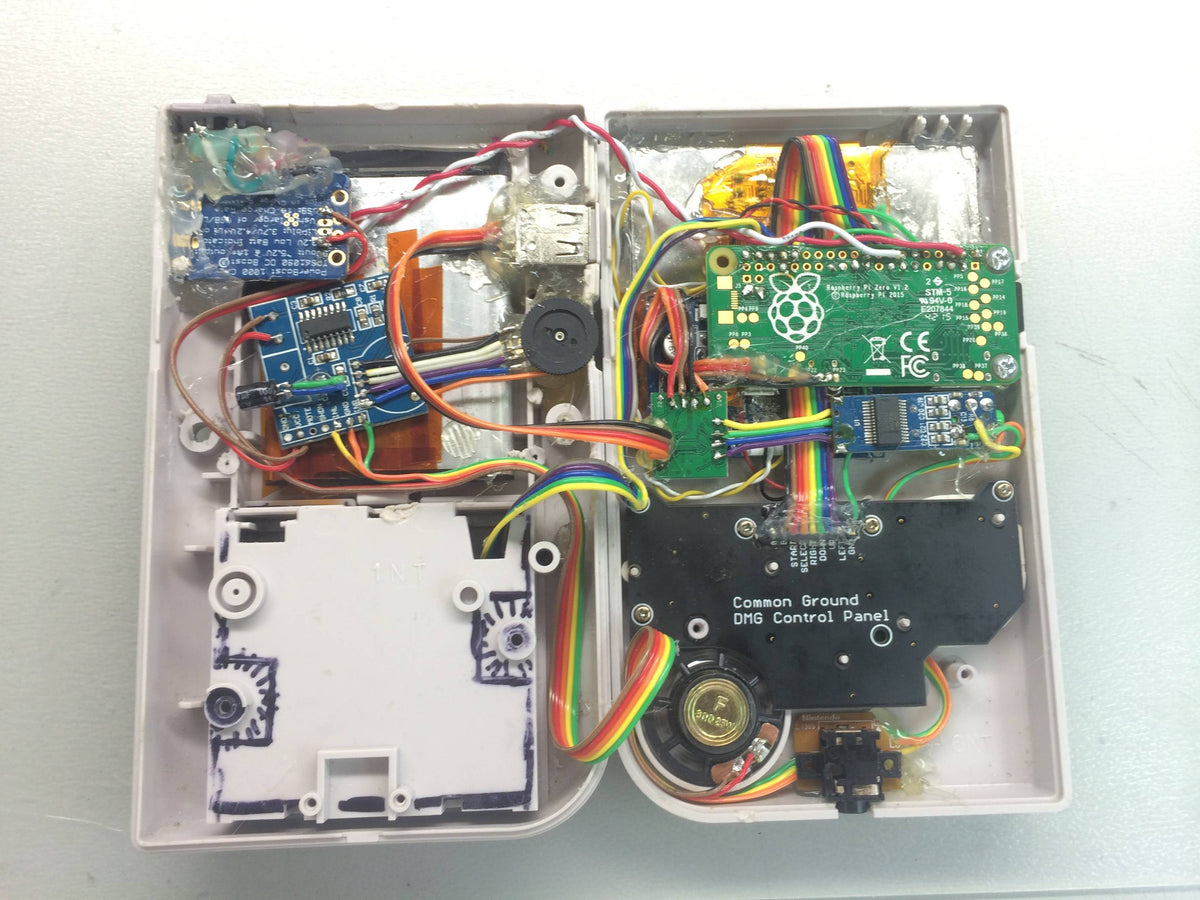
Raspberry Pi Roundup - 22nd April 2016
Game Boy

“Chad McChad” aka Wermy has done an absolutely awesome job creating a retro gaming machine out of an old GameBoy and plenty of other parts, as well as a core of a Raspberry Pi Zero. This is one of the best jobs I’ve ever seen – by using the Zero he has been able to cram a lot more electronics into the case and, with some careful Dremmelling and hand-crafting, he has managed to maintain the look of the original console. Take a look at the Imgur gallery here and follow along with his (not yet complete) series of tutorials of how to do it here.
Micro:Bit and MicroPython

Over at the Raspberry Pi Foundation, they say that they’re “platform agnostic”. In other words, whatever people can use to learn coding and electronics is all for the good. That’s why it’s encouraging to see them publish a new set of learning resources that revolve around the recently-released BBC micro:bit. These resources, which start here, use a language called MicroPython and aprogram editor called mu to interact with the micro:bit from a Raspberry Pi.
You can follow their Getting Started guide here, from which there are links to several other resources such as this great one in which the micro:bit is used as a simple game controller.
Moon

James Mitchell, who runs the Berlin Raspberry Jam, decided that he wanted to indulge his obsession of photographing the moon. So, he took a Pi Camera Module, removed the lens and attached it to a 3D printed mount onto which he attached a Canon 78-300mm lens. He connected it up to a Pi, set the lens to 300mm and took a shot of the moon from his balcony. A little Photoshopping to clean the picture up resulted in the image above. For more detail and photos of the rig, take a look at James’ blog.
Cosmic!

A team from CERN in Switzerland has been developing a Raspberry Pi-based cosmic ray detector. The system, called Cosmic Pi, will be a distributed project with each individual system on the internet contributing to the overall readings. The core of the system is an add-on board for the Pi (pictured). You can read more about the project over at the Raspberry Pi Foundation.

